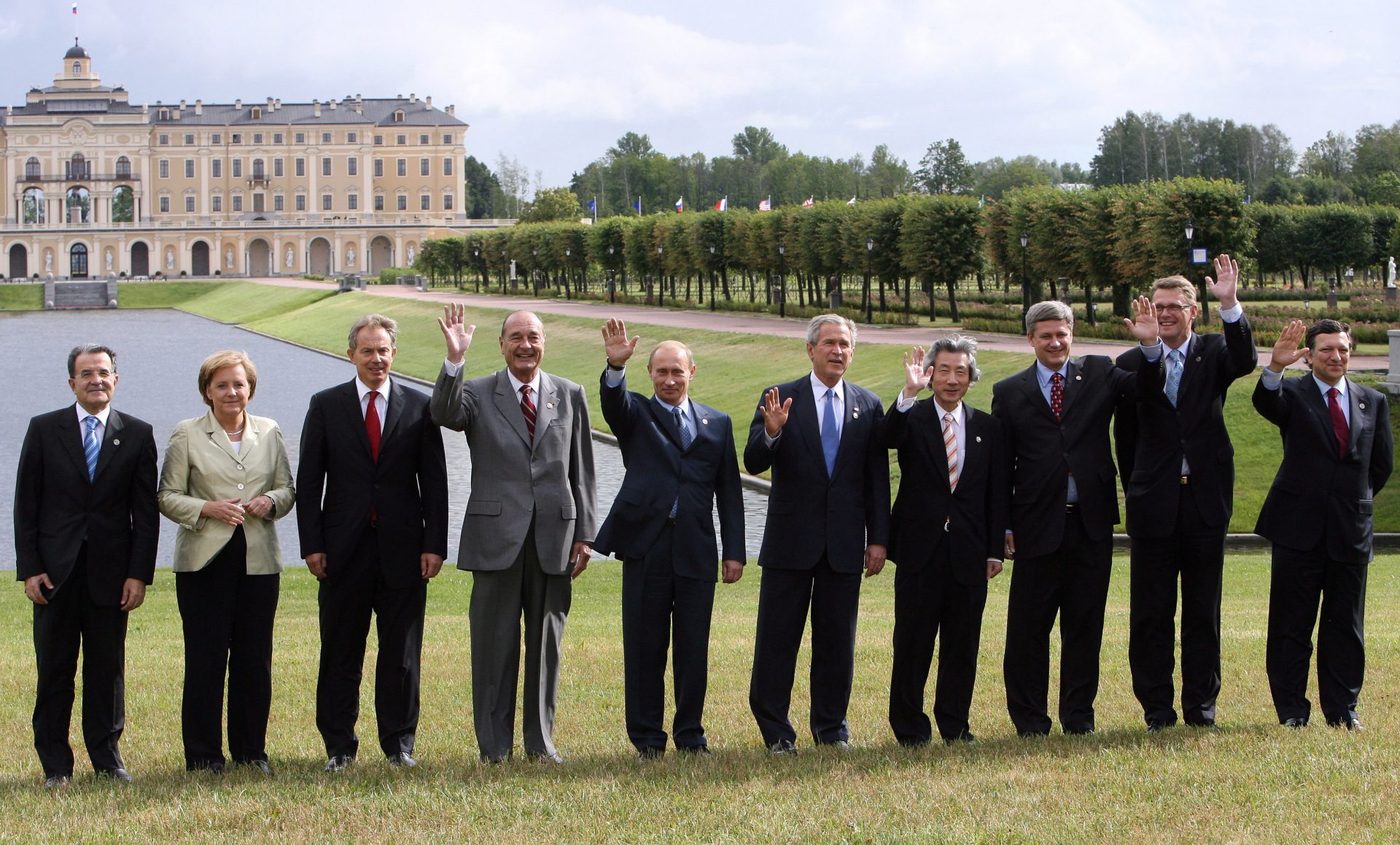A late summer afternoon in historic Potsdam, the small city on the edge of Berlin that boasts more German celebrities and millionaires per capita than most. Yoga-legging-clad mothers bearing Louis Vuitton backpacks mingle with sightseers at a local wine festival as Mercedes’ and the occasional Maserati slither down sunlit, cobbled streets.
If local media are to be believed, it’s about to get a lot more exciting in this tidy oasis of sensibly-dressed German affluence, brimming with lakes and UNESCO-protected castles.
For the first time ever in Germany’s history, two senior politicians – their party’s chancellor candidates – are running for office in the same constituency.
Annalena Baerbock, co-leader of the Green party, and Olaf Scholz, the country’s current finance minister and vice-chancellor, a senior member of the Social Democrats – are competing in constituency 61 (Germany has 299 altogether). If the polls play out as they are now, one of them – most likely Scholz – could end up as current chancellor Angela Merkel’s successor.
Due to be held on September 26, these federal elections will be the first national ballot without Merkel, who’s retiring after 16 years. Which is why the German media have taken to calling this provincial contest an historic “duel of duels” and nicknamed Potsdam the “celeb-electorate”.
Altogether there are 17 candidates from 19 parties running here and Angela Merkel’s party, the Christian Democratic Union, or CDU, is also fielding a candidate in Potsdam. But Saskia Ludwig is unlikely to beat the two, more popular politicians from the liberal parties.
Decked out in party colours of pale green and yellow, Baerbock’s campaign office on Potsdam’s bustling main street looks more like a vegetarian café. Inside, colourful leaflets and an exhibition. Outside, plants, paper cups and a vintage-style glass water dispenser.
“Our Annalena has been here much longer than Olaf Scholz,” the two staffers tell The New European; Scholz moved here from Hamburg three years ago when his wife, also a politician, became the state’s education minister. “Annalena’s children go to school here. She’s very involved in the community,” her enthusiastic colleagues gush.
Just along from the Greens’ office are two first time voters. “We want change,” the 18-year-olds insist. “People our age are just so frustrated. Nobody has done anything about climate change for years. Now we finally get a voice, we want to change something.” A lot of Fridays for Future voters are being mobilized in Germany, they confide.
This kind of enthusiasm for something different and more exciting after the Merkel era was likely part of Baerbock’s initial appeal. Earlier this year, when the Greens announced their spunky, young female candidate for the top job, they overtook the CDU in opinion polls. But their ratings have since fallen back significantly even while Baerbock remains relatively popular.
The same cannot be said for Scholz’ Social Democratic party, the SPD. At the end of last week, it was their turn to ascend in what’s been described as a rollercoaster of an election campaign. The SPD rose to 24%; that’s higher than the CDU according to some surveys. If the phlegmatic polls are to be believed, the SPD are more popular than they’ve been in years.
Scholz is also by far the public’s favourite pick for Chancellor. Over the past few weeks, he has regularly been twice as popular as Baerbock and the CDU’s gaffe-prone Chancellor candidate, Armin Laschet. After a televised debate between the three last Sunday night, Scholz came out on top yet again, with the public tagging him “most likeable”. Conventional political science says Germans don’t vote for personalities (they vote for parties) – but it seems that Scholz is singlehandedly improving the SPD’s prospects. Or perhaps it’s just that, now that the vote is getting closer, the majority of Germans have decided they actually prefer to stick with what they know.
“I’m from East Germany originally,” one woman in her 50s working in a stationery shop told TNE, when asked if Germany needed major political change. “We already had a big political change,” she said, referring to reunification. “I know how complicated that can be. So I feel it would be better not have such a big change.”
Unlike Baerbock, Scholz is a known quality. He’s been variously described as stoic, pragmatic and dull. As one magazine put it, Scholz has “all the charm of a fishing boat captain in a Force 10 gale”.
But he’s been active at every level of politics: Mayor of the prosperous port town of Hamburg for seven years, he went on to shepherd the country’s emergency financial response to the COVID-19 pandemic and, in July this year, took visible part in negotiating a G20 agreement on taxing multinationals.
Some have suggested that Scholz, a 63-year-old centrist in his own left-leaning party, may well be the most natural successor to Merkel, who was a centrist in her own right-leaning one. Der Spiegel magazine recently devoted six pages to the “Merkel-ization” of the finance minister, noting that he has used the same phrase as Merkel when she campaigned. “They know me,” he said of German voters.
Perhaps also part of the German desire for continuity: According to official figures, almost 60% of 60.4 million voters here are over 50. First-time voters, like the two recent Potsdam graduates who wanted radical change, make up under 5%.
In the end though, and despite the media hype, Potsdam’s “duel of duels” is unlikely to end dramatically. Every eligible German gets two votes, one for the person they want to represent their district and the other, for a party.
Parties that get over 5% of votes at federal level get seats in parliament – this means, as party leaders, both Baerbock and Scholz are bound for the Bundestag after September 26 anyway, no matter who gets the direct mandate in Potsdam. In fact, the real contest will likely come after the ballots are counted. Because it’s then that both party leaders will face the complexities of coalition-building in a more splintered political landscape, where no single German party, or even two single German parties, can conjure up a majority.



